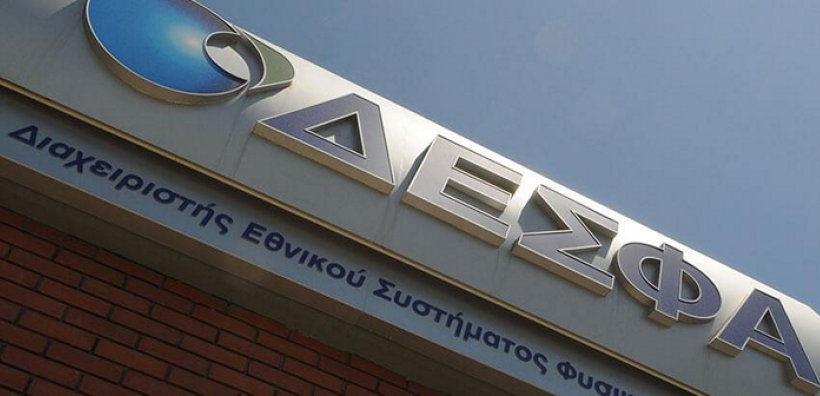Gas grid operator DESFA and RAAEY, the Regulatory Authority for Waste, Energy and Water, still far apart on the operator’s WACC figure for the next regulatory period covering 2024 to 2027, are engaged in tough negotiations as a June 5 deadline for new tariffs approaches.
DESFA set a WACC figure of 9.14 percent in a proposal put through consultation in mid-March. It has been firmly opposed by RAEEY, believing this figure is unjustifiably high.
DESFA ended 2022 with a WACC figure of 7.44 percent, a starting point for RAEEY in its negotiations. The authority, viewing DESFA’s new WACC figure as pivotal as it will serve as a guide in the levels to be set for other operators, believes the operator’s new level should be a little over last year’s 7.44 percent level, and certainly under 8 percent.
The WACC level to be applied by DESFA over the next regulatory period from 2024 to 2027 is one of four aspects that need to be resolved before gas transmission network usage tariffs are set.
DESFA also needs to finalize its operational expenditure figure for the next regulatory period so that an allowed revenue for the operator may be set. The operator has yet to send this data to RAAEY and, consequently, appears likely to miss the June 5 deadline on this matter.
DESFA’s socialization percentage concerning the operating cost of its Revythoussa LNG terminal just off Athens is another unresolved matter. DESFA has proposed that it be maintained at the current level of 50 percent for the next regulatory period.
However, Gastrade and Motor Oil, both developing new floating LNG terminals in other parts of Greece, have protested, contending this figure is excessive and would offer DESFA’s Revythoussa facility an unfair advantage and undermine the financial viability of their investments. ACER, Europe’s Agency for the Cooperation of Energy Regulators, has backed the two companies on this issue.
DESFA’s ten-year development plan covering 2023 to 2032, a fourth prerequisite needed before its new gas transmission network usage tariffs are set, has already received RAAEY’s approval.





